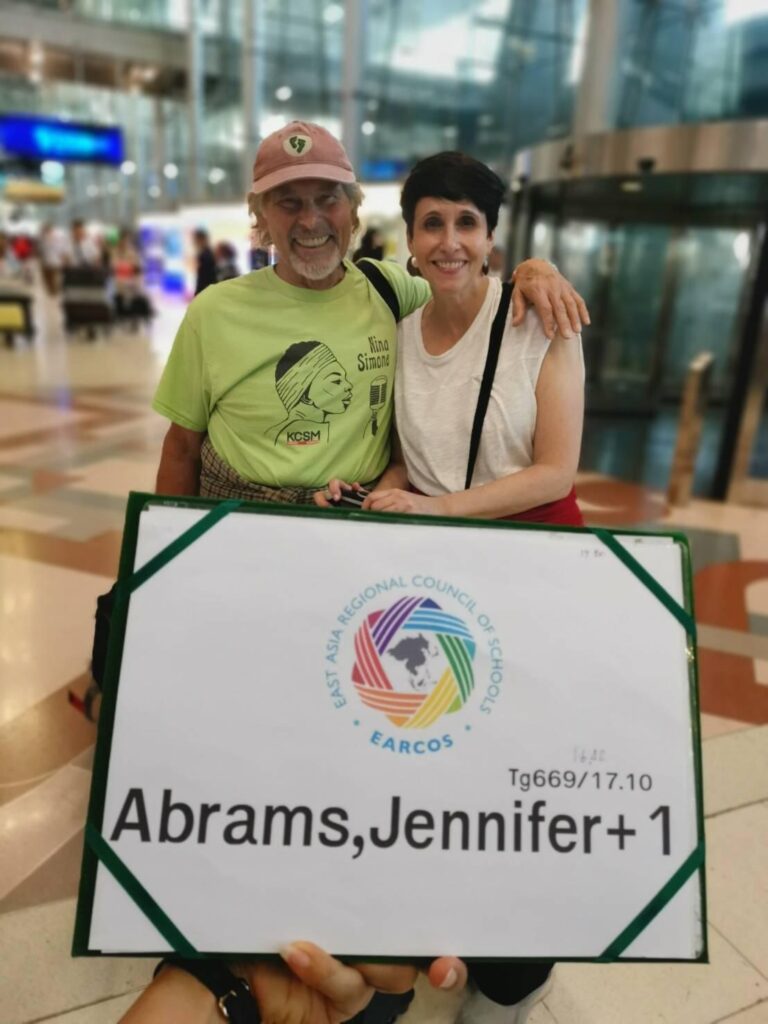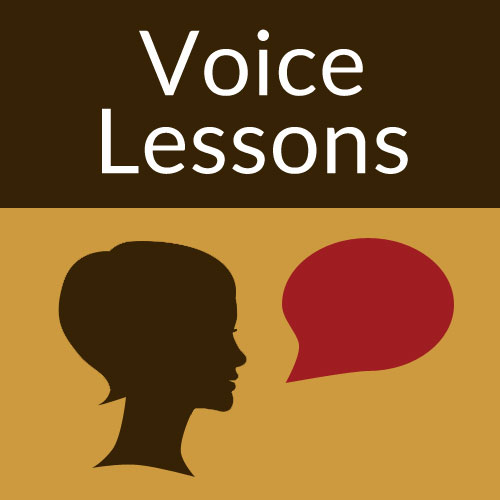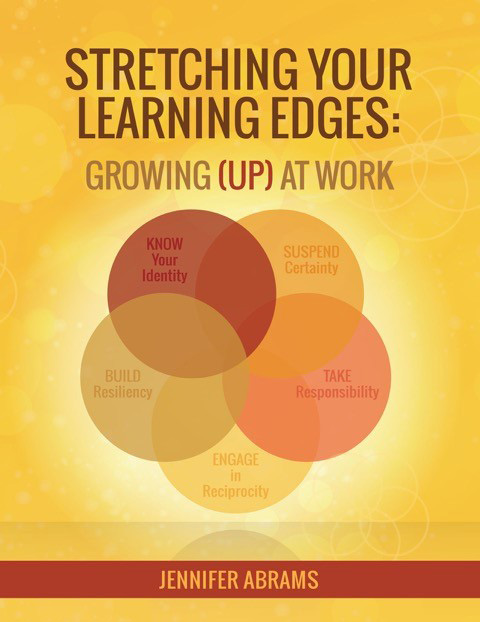Let’s Check In
April 1, 2024

March was a big month of international travel. I had the honor of worked with schools and organizations three different parts of Asia – Shanghai, Guangzhou and Bangkok. It was a delight to be in all the cities and a privilege to work with all of the educators.
It was also a trip I took with my partner, Stewart Levine. Stewart is, like me, a communications consultant and author. I wrote the book, Having Hard Conversations. Stewart wrote the book, Getting to Resolution. We aren’t in a partnership that avoids the challenging topics!
For three plus weeks we traveled together, figured out how to manage our energy and our free time together, determined when we needed quiet time apart for work or rest, decided on when we’d co-present, and more. And every week we did our Weekly Check In to stay present and up to date with each other and to review how we did with our communication.
We’ve been doing the Check In for a few years now. I modified it from something I had read on a Tara Brach blog. When we began, the Weekly Check In was scary for me. It asks that each person, after providing some affirmation to the other, answer the question, “Is there anything you feel incomplete about that you’d like to talk about at this time?” Gulp. One needs to be open to hearing feedback about what has been hurtful, not working well, or challenging for the other person. We do this Weekly Check In every Sunday. On Zoom. In person. Walking (the easiest for me as we are moving, getting oxygen, and not looking at the other person all the time) or across a dinner table. We do it every Sunday. It’s become a thing. And it’s a good thing.

When we told a colleague about the process, he suggested that this Check In could be helpful for a professional team to do weekly as well. Given that my work motto on my website encapsulates my beliefs and ideals through the words, ‘Developing Individuals, Transforming Schools,” this Check In is absolutely in alignment with my mission. I want to share the Weekly Check In with you to modify for your team.
Modify the questions, make it part of your weekly team meeting. Using the weekly check in, teams can build even more trust, more capacity, and a healthier professional learning culture. Ask these questions at the beginning of a work week. Give it 15 minutes. It’s worth it.
- How do you feel about the team (and those on the team) at this time?
- What did you appreciate about individuals on the team this past week? Share specifics.
- Is there anything you feel incomplete about that you’d like to talk about at this time? Any stuckness? Any stings? Anything need to be said to move forward with less emotion about the past and with more future focused-ness moving forward?
- What do you wish that the team (and individuals on the team) did more of this coming week to make the team work in a even more positive and productive way?
It can be intimidating to share and to listen to the responses to these questions. Do it anyway. You might feel that 15 minutes (or even 10 minutes) isn’t time you have to spare as the team has things to do and things to discuss. Do it anyway. You will either use the time more effectively in this way or use the time at home venting about teammates and problems or having individual gripe sessions at work but behind closed doors. So, spend it more productively. Will a Check In solve everything? Heck no. But try it. Rent the idea for a bit. You don’t have to buy it. But try it.
Check In with me when you do. If you have any questions, comments, suggestions or need a safe space to talk, please feel free to email me at jennifer@jenniferabrams.com. I look forward to hearing from you.
Cool Resources
Hacking School Discipline Together: 10 Ways to Create a Culture of Empathy and Responsibility Using Schoolwide Restorative Justice (Hack Learning Series) by Jeffrey Benson.
“Enter the Hacking School Discipline sequel Hacking School Discipline TOGETHER, featuring all new content from 40-year teacher, school leader, and restorative justice expert Jeffrey Benson, who provides a roadmap for schoolwide staff unity, compassion, consistency, and restorative practices that do far more than send students to detention and suspension.”
The Age of Identity: Who Do Our Kids Think They Are . . . and How Do We Help Them Belong? by Dennis Shirley and Andy Hargreaves
“In their beautifully written book, Dennis Shirley and Andy Hargreaves brilliantly show how we can and must engage with young people’s identities in their fullness and complexity. Rooted in classical and contemporary theories of identity, extensive research, and in sheer common sense, their book takes us from bitterness to belonging.”
Teaching as if Students Matter: A Guide to Creating Classrooms Based on Relationships and Engaged Learning by Jaye Zola and John Zola.
“Teaching as if Students Matters is an extraordinary book that powerfully makes the case for why teachers matter. John and Jaye Zola are experienced professional educators who describe what teachers need to do if they really want to make a difference-and they should-because students do matter most of all. This book lays out very clear principles and specific examples of what truly masterful teaching looks like in practice. It’s a must read for pre-service and practicing teachers, school administrators, teacher educators, and anyone who is thinking of a career as a teacher.”

